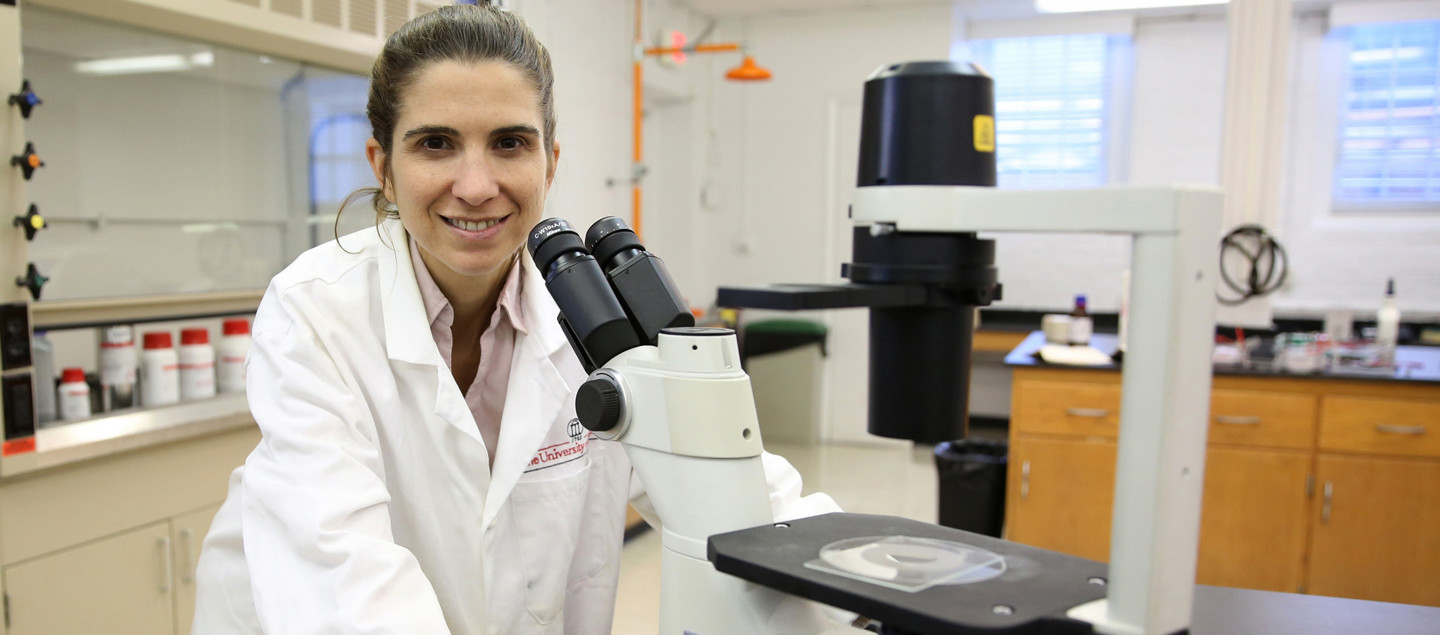Our research investigates how the brain regulates feeding behavior and body weight and how diet and exercise affect the brain and behavior.
Our lab uses rodent models to investigate:
- The neurobiological regulation of feeding behavior. Types of feeding behavior that we are interested in include:
- Food impulsivity
- Binge eating
- Food overconsumption
- Conditioned and contextual feeding
- Motivated responding for food
- Social transmission of food preference
- The neural regulation of energy balance, specifically:
- How the body communicates with the brain to relay signals related to nutritional/energy status
- How the brain coordinates a physiological response to maintain weight balance and meet nutritional needs
- The role of the brain in the development and maintenance of weight gain and obesity
- Effects of diet and exercise on brain function:
- Obesogenic diets that are high in saturated fat and sugar negatively impact hippocampal dependent learning and memory while exercise attenuates impairments. We are interested in understanding the mechanisms by which diet and exercise impact the brain and brain function.
Recent Awards
Charles B. Knapp Early Career Scholar Award (UGA)(2022)
BioServ Award in Experimental Animal Nutrition from The American Society for Nutrition (2022)
FACS Early Career Research Award (UGA) (2022)
Early Career Grant Challenge Award from The Obesity Society (2017)
Harry R. Kissileff Award from the Society for the Study of Ingestive Behavior (2017)
Ethan Sims Young Investigator Award from The Obesity Society (2017)
View All Foods and Nutrition Awards
Our Current Research Projects
-
Melanin Concentrating Hormone and the Neural Regulation of Feeding
Title: Melanin Concentrating Hormone and the Neural Regulation of Feeding
Key Personnel: Emily Noble, PhD (PI), Zhuo Wang, PhD (USC), Daniel Holschneider, MD (USC), Scott Kanoski PhD (USC)
Project description: This research investigates the neural systems that lead to excessive feeding behavior and food impulsivity. Specifically, this research focuses on identifying the mechanisms through which the neuropeptide, melanin-concentrating hormone, promotes excessive food intake.
Funding Source: NIH K01 Career Development Award KDK118000
-
Central Melanin Concentrating Hormone: Neural Pathways and Obesity
Title: Central Melanin Concentrating Hormone: Neural Pathways and Obesity
Key Personnel: Emily Noble, PhD (PI), Jonathan Eggenschwiler, PhD (Co-I)
Project description: The brain plays an important role in determining the effectiveness of strategies for obesity prevention and treatment, as unconscious mechanisms modulate feeding behavior and energy expenditure, ultimately determining body weight. Through largely unknown neurobiological mechanisms, the melanin-concentrating hormone (MCH) system acts in the brain to both increase food intake and reduce energy expenditure, and thus targeting this system holds promise for obesity pharmacotherapies. Experiments in this proposal determine sites of action through which MCH promotes excessive feeding and contributes to diet-induced obesity, an essential step in the development of effective MCH-based obesity treatment approaches.
Funding Source: R03 DK128306




